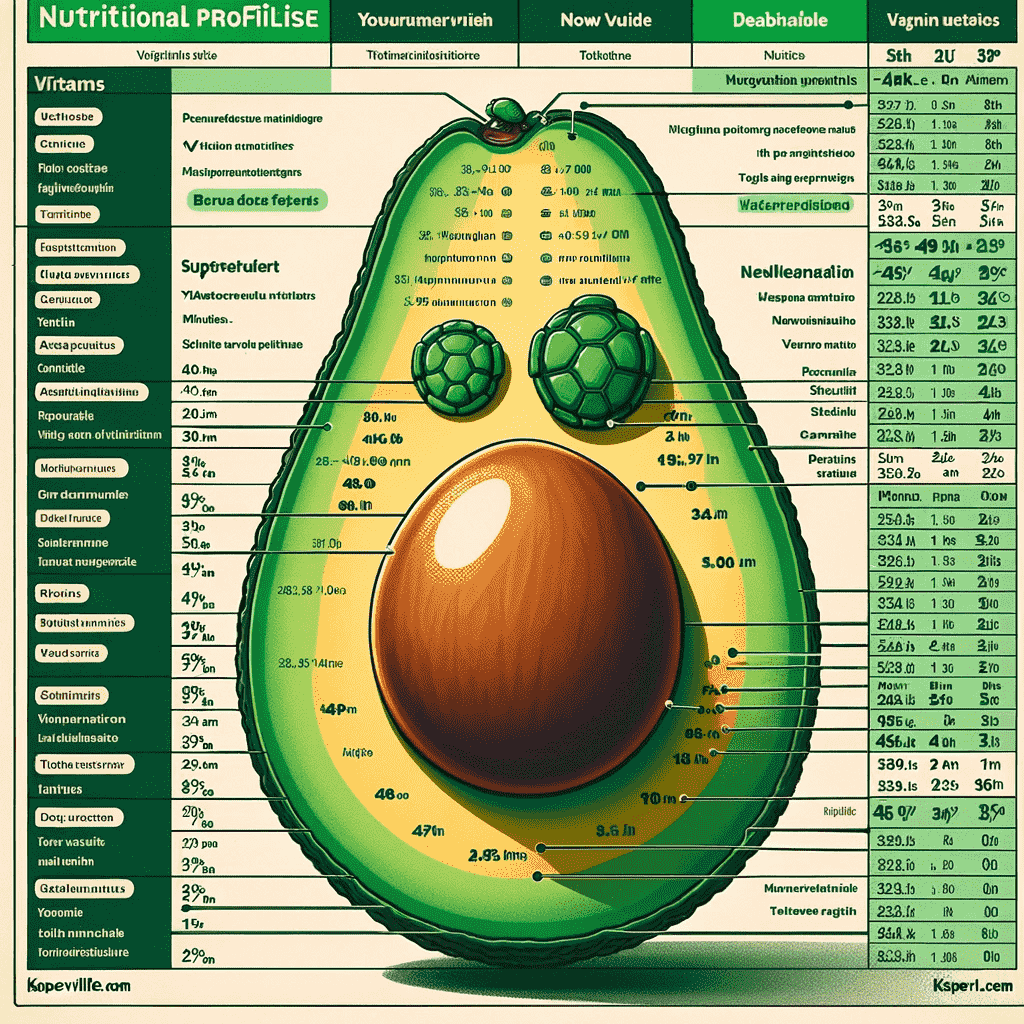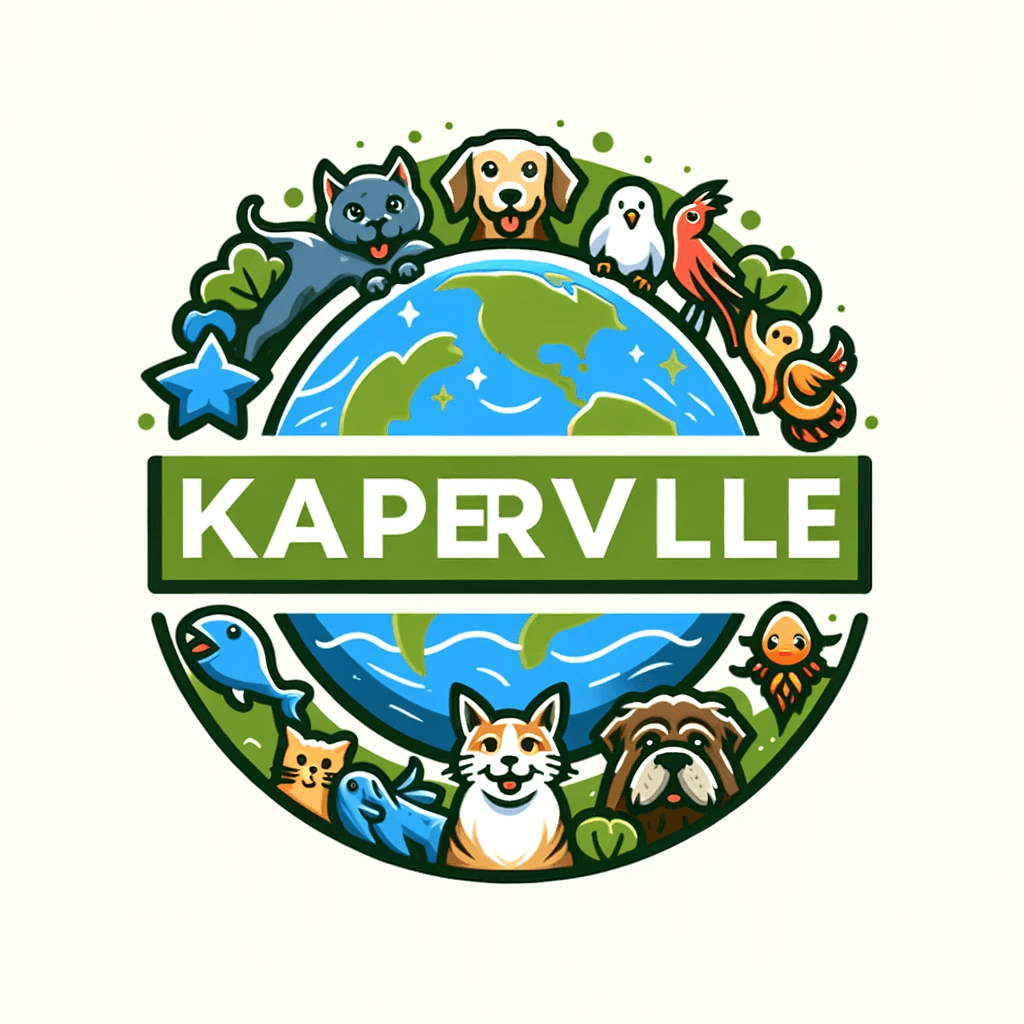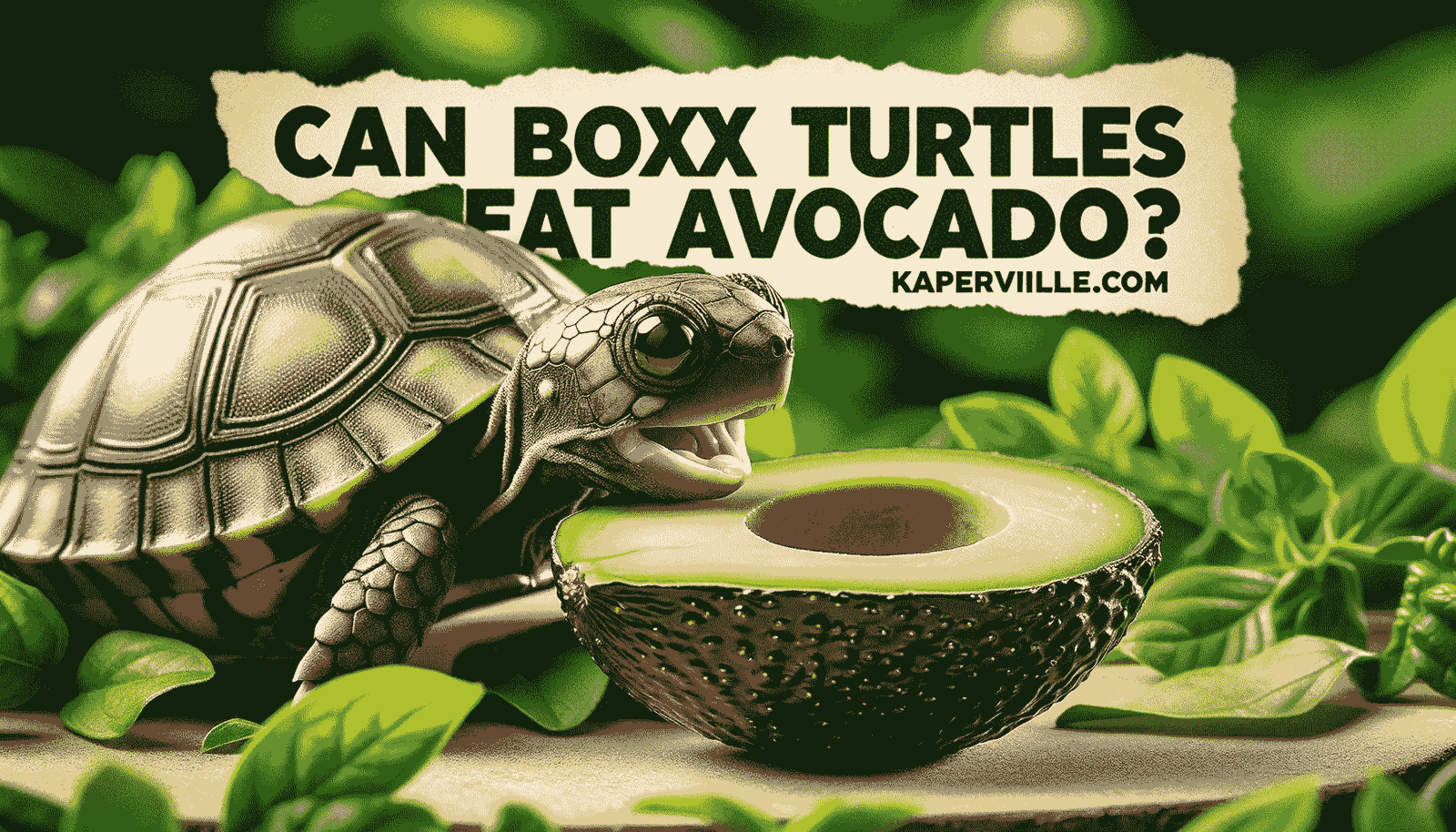Avocado, a fruit beloved for its rich texture and health benefits in human diets, poses a question for box turtle owners. Is this creamy fruit suitable for turtles? In this article, “Can box turtles eat avocado?”, we investigate the nutritional components of avocado and its suitability for a box turtle’s diet. While avocados are packed with healthy fats and vitamins, they also contain elements that could be harmful to turtles. We’ll examine the pros and cons of feeding avocados to box turtles, aiming to provide comprehensive insights for informed and safe feeding practices.

Can Box Turtles Eat Avocado?
Avocado, beloved for its rich taste and nutritional value in human diets, presents a different scenario for box turtles. Despite its health benefits for humans, avocado is not suitable for box turtles and can be harmful.
Nutritional Value:
- Rich in Vitamins: Avocados are packed with vitamins E and C, beneficial for skin and immune health.
- High in Healthy Fats: They contain monounsaturated fats, which are heart-healthy for humans.
Drawbacks:
- Persin Toxicity: Avocados contain persin, a compound toxic to many animals, potentially harmful to box turtles.
- High Fat Content: The fat content in avocados is not ideal for turtles, as their digestive systems are not adapted to process high-fat foods.
Given these factors, avocados should be avoided in a box turtle’s diet to prevent any health risks. The potential harm outweighs the nutritional benefits, making it an unsuitable choice for these reptiles.
How to Feed Box Turtles Safely?
Feeding box turtles requires careful consideration of their nutritional needs and natural diet. While avocados are off the menu, there are many other foods that can provide balanced nutrition.
Safe Foods:
- Leafy Greens: Vegetables like kale, collard greens, and dandelion leaves are excellent choices.
- Vegetables: Carrots, squash, and bell peppers offer additional nutrients.
- Fruits in Moderation: Fruits such as berries, melons, and apples (seedless) can be given sparingly.
Feeding Tips:
- Variety is Key: A diverse diet mimics their natural feeding habits and provides essential nutrients.
- Avoid High-Fat Foods: Stick to low-fat options, as turtles cannot process high-fat foods efficiently.
- Calcium Supplementation: Supplement their diet with calcium, vital for shell and bone health.
Adhering to these guidelines ensures that your box turtle receives a healthy and balanced diet, free from the risks associated with unsuitable foods like avocados.

Avocado Nutrition Facts
Avocados are known for their rich nutritional content, beneficial for humans. However, for box turtles, these nutrients can pose risks.
Key Nutritional Components:
- Vitamins: Avocados are high in vitamins C and E, which are antioxidants beneficial for skin and overall health.
- Fats: They contain monounsaturated fats, which are heart-healthy for humans but difficult for turtles to digest.
Concerns for Turtles:
- The high fat content can lead to digestive issues in box turtles.
- Avocados also contain persin, a substance that can be toxic to some animals.
Given these nutritional facts, while avocados are nutritious for humans, they are not recommended for box turtles due to the potential health risks.
Do Box Turtles Like Avocado?
While box turtles might be inclined to eat avocado due to its soft texture, it’s important to consider the health implications. Avocado contains persin, which is toxic to many animals and could be harmful to turtles.
Turtle Preferences:
- Turtles generally prefer a variety of fruits and vegetables.
- Avocado’s creamy texture might be appealing, but its potential health risks outweigh its taste appeal.
Safer Alternatives:
- Instead of avocado, offer safer fruits like berries, melons, and apples (seedless).
- These fruits provide essential nutrients without the risks associated with avocado.
Offering safe and suitable alternatives ensures that your turtle enjoys a varied diet without the health risks of consuming avocados.
Health Risks For Box Turtles Eating Avocado ?
Avocados, though nutritious for humans, pose significant health risks to box turtles, primarily due to the presence of persin.
Persin Toxicity:
- Persin, found in avocados, is toxic to many animals. While specific research on box turtles is limited, the general risk associated with persin makes avocados a dangerous food for them.
- Symptoms of persin poisoning can include respiratory distress, lethargy, and in severe cases, heart failure.
Digestive Issues:
- The high fat content in avocados is not suitable for a turtle’s digestive system, potentially causing gastrointestinal problems.
Considering these risks, it is imperative to avoid feeding avocados to box turtles and to seek immediate veterinary care if accidental ingestion occurs.
How Much Avocado Should Box Turtles Eat?
Given the potential health risks associated with avocados, including persin toxicity and high fat content, it is advised not to feed avocados to box turtles at all. Providing a diet that excludes avocados and instead focuses on turtle-safe fruits, vegetables, and proteins is essential for their health and well-being.
How Do You Prepare a Turtle-Safe Recipe Excluding Avocado?
A turtle-safe recipe should include a variety of fruits and vegetables known to be safe for box turtles, along with appropriate protein sources.
Recipe Example:
- Combine leafy greens like kale and dandelion leaves with chopped vegetables like carrots and squash.
- Add a source of protein such as cooked lean meats or commercially available turtle food.
- Include fruits like berries or melons in moderation.
This combination ensures a balanced diet that meets the nutritional needs of box turtles without the risks associated with avocados.
Can Baby and Senior Box Turtles Eat Avocado?
For both baby and senior box turtles, avocados should be avoided due to the potential health risks. Baby turtles, in particular, require a diet high in protein and calcium for growth, while senior turtles need easily digestible foods. Avocado’s high fat content and the presence of persin make it an unsuitable choice for turtles at any life stage.
Professional Advice
Consulting with a veterinarian or reptile nutrition specialist is crucial when determining the diet of a box turtle. They can provide tailored advice based on the specific needs of the turtle, ensuring a balanced and safe diet. For concerns about feeding avocados or to make any significant changes to their diet, professional guidance is essential.
Conclusion
In summary, avocados are not a safe food choice for box turtles due to the presence of persin and their high-fat content. Opting for a varied diet consisting of turtle-safe fruits, vegetables, and protein sources is vital for their health. Consulting with a reptile nutrition expert or veterinarian is recommended for any dietary concerns or adjustments, ensuring the best care for your box turtle.
Can box turtles eat avocado occasionally?
No, avocados should be avoided entirely due to the risk of persin toxicity.
What are the symptoms of avocado poisoning in turtles?
Symptoms may include respiratory distress, lethargy, and in severe cases, heart failure.
Are any parts of the avocado safe for box turtles?
No parts of the avocado are safe due to persin present in all parts of the fruit.
What should I do if my turtle accidentally eats avocado?
Seek immediate veterinary care if your turtle consumes avocado.
What fruits are safe alternatives to avocado for box turtles?
Safe fruits include berries, melons, and seedless apples.
Can the high fat in avocado benefit any aspect of a turtle’s health?
The high fat in avocados is not suitable for a turtle’s digestive system and can cause health issues.
How can I ensure a balanced diet for my box turtle?
Provide a variety of safe vegetables, fruits, and protein sources, and consult with a reptile nutritionist for tailored advice.

